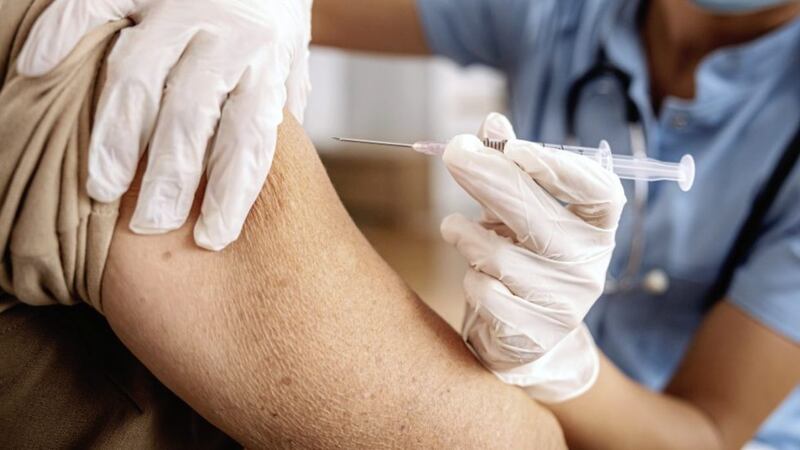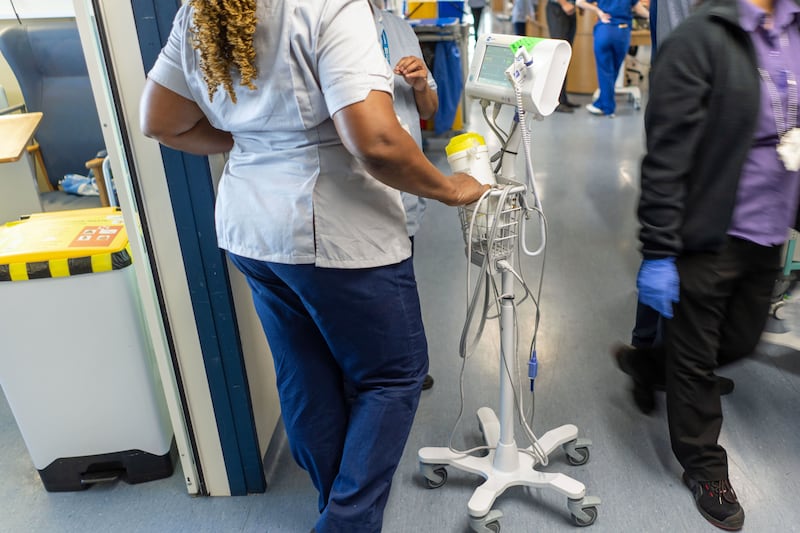THE bill for recruiting overseas nurses to Northern Ireland to plug a staffing crisis has hit more than £10 million - with a £3m cut given to private agencies.
Figures obtained by The Irish News show that the Department of Health campaign, which began in 2016, has resulted in 585 international recruits working as registered nurses across the north's trusts.
The target was to have 622 nurses in post by last March - but this was put back to November 2020.
At that time the number of empty nursing jobs in the north was spiralling to almost 3,000 while trade unions had taken unprecedented strike action.
Nursing leaders slated the costs in July 2019 - when the spend topped £5m - branding the scheme a "failure" and lashed the department's long-term workforce planning for the profession following years of cuts to student places.
A department spokesman said the overseas project is "on target" to have recruited 863 nurses by the end of next month, "at a cost to date of £10.45m".
"Of that total, private recruitment companies would have been paid circa £3.3m for fees only. This funding supports the direct costs associated with the recruitment of nurses internationally and in particular the need to engage with specialist recruitment agencies to source and manage the recruitment process on our behalf," he said.
"The recruitment agencies will not only source the supply of nurses for the HSC to interview but will thereafter provide the support and follow up required to ensure those appointed successfully complete the various stages in obtaining Nursing & Midwifery Council (NMC) registration and supporting their Visa applications with the Home Office."
Health minister Robin Swann suspended the overseas drive at the beginning of the pandemic but this was lifted in September.
By February 18, there were 725 arrivals. The department clarified that international nurses must work as healthcare assistants before taking exams to become registered. This process can take three months, with 87 currently working as healthcare assistants.
The Royal College of Nursing (RCN), which was initially critical of the overseas scheme when it only filled 12 posts in its first year, said nurses who travel from other countries are "greatly valued for the contribution they make, particularly during these difficult times".
However, the union's Rita Devlin warned there remained a "high number of nursing vacancies", which had led them to the picket lines last year.
She said an improved workforce planning strategy for nurses - the remit of the department - was vital.
"We have long held the view that any recruitment of our international colleagues must be part of a credible nursing workforce strategy which also addresses growth of domestic supply. This must include the development of holistic, long-term workforce plans with appropriate investment," Ms Devlin added.








